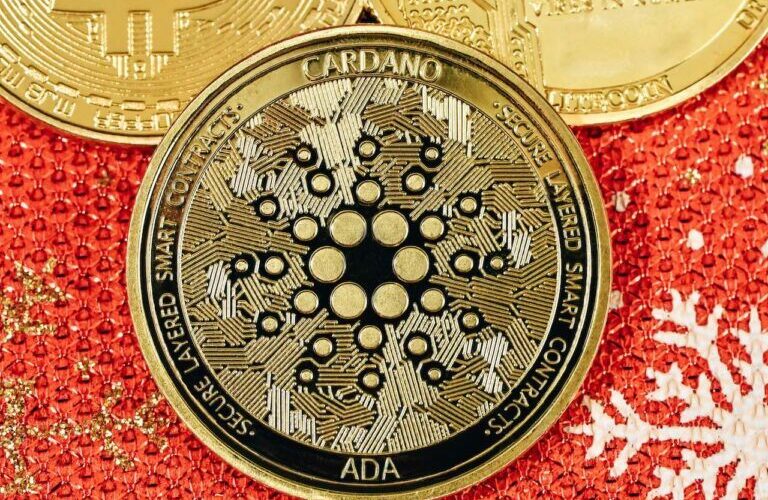$ADA: EMURGO CEO Outlines Plans to Address 21 Key Gaps in Cardano
In a recent interview with Cointelegraph Magazine’s editor, Andrew Fenton, Ken Kodama, CEO and founder of Singapore-based EMURGO Group Pte. Ltd., shared the organization’s new strategy to address 21 specific areas where Cardano’s ecosystem could be improved. EMURGO, a founding entity of the Cardano blockchain that provides products and services to drive the adoption of Cardano’s Web3 ecosystem, is apparently transitioning to a venture studio model to address these gaps.
Kodama outlined two primary methods to address these areas: either by developing in-house solutions or through investments. EMURGO is planning to host hackathons and offer grants to motivate Cardano developers to help fill these gaps and is shifting its focus towards operating as a venture studio.
One of the critical areas Kodama highlighted is the need for decentralized identity (DID) within the Cardano ecosystem. He pointed out that there’s a noticeable lack of DID applications on Cardano, marking it as a vital area for improvement.
While Cardano has its own scaling solution, Hydra, Kodama emphasized the potential for layer-2 solutions. He noted that other blockchains have a thriving layer-2 ecosystem, which is currently missing in Cardano, and this is another area where EMURGO aims to make contributions.
Kodama also mentioned that EMURGO is exploring zero-knowledge rollups and optimistic rollups. The organization has already organized a hackathon focused on these technologies and is considering further investments.
Kodama identified the developer experience as a significant barrier to Cardano’s broader adoption. He acknowledged that mastering programming languages like Haskell and Plutus is crucial for development on Cardano. To tackle this issue, EMURGO is supporting Aiken, a new toolkit and programming language for Cardano smart contracts. Kodama has high expectations for Aiken and other languages that could broaden the developer base for Cardano.
He also mentioned that EMURGO has educated over 2,000 developers in Haskell and Plutus but acknowledged that this number is insufficient. The organization has high hopes for Aiken and other programming languages that could be integrated into Cardano to expand the developer pool.
Featured Image via Unsplash
Source: Read Full Article

